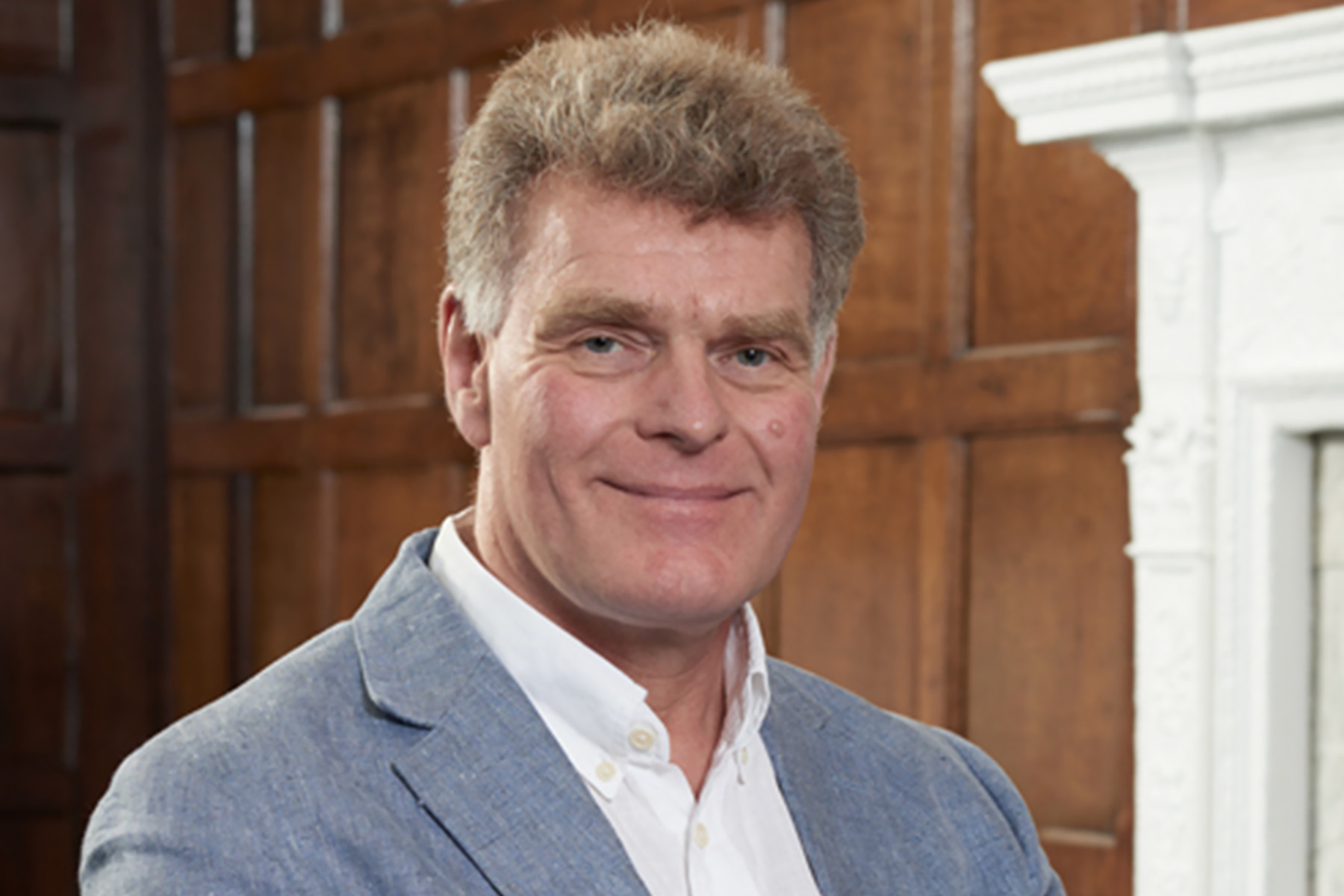Cambridge spin-out T-Therapeutics’ major advancement in TCR therapeutic development secures £48 million in Series A funding
In a major stride for our battle against cancer, T-Therapeutics, a University of Cambridge spin-out, has secured a staggering £48 million in Series A funding.
The company, which is built on the foundations of research from Professor Allan Bradley in the University’s Department of Medicine, is pioneering technology which harnesses the power of T cells, offering a potential game-changer in the development of first-in-class cancer therapeutics.
T-Therapeutics’ technology works by training the body’s own T cells to identify, target and eradicate tumours. While other T cell receptor (TCR) technologies work in a similar fashion, they can lack specificity and only apply to certain cancers, which can lead to significant side effects. The company’s OpTiMus® platform can sidestep this issue by creating a near unlimited database of optimal TCRs, which can act as building blocks for new therapies.
“TCR therapeutics are very much at the dawn of their potential. We intend to replicate the success of therapeutic antibodies but build on this in a new dimension, by using the targeting domains of TCR receptors to take advantage of their much greater specificity for cancer cells compared to normal cells.”

Professor Allan Bradley, continues:
“We are able to discover anti-cancer TCRs that are quantitatively and qualitatively better than those that can currently be isolated from humans or using display technologies. Our OpTiMus® platform provides an unbeatable starting point, a vast repertoire of unique, fully human TCRs, with the properties to make them ideal to develop into drugs.”
The blockbuster Series A investment is spearheaded by Sofinnova Partners and F-Prime Capital, with contributions from Digitalis Ventures, Sanofi Ventures, Cambridge Innovation Capital, and the University of Cambridge Venture Fund. The fresh injection of funds will fuel T-Therapeutics’ ambition to expand its TCR-based medicine pipeline, targeting not just cancer but also various autoimmune disorders. Cambridge Enterprise, the university innovation arm of Cambridge, has been a crucial ally in this venture, aiding the transition from academic research to commercial reality.
The team at T-Therapeutics includes highly experienced antibody engineers and drug developers who were responsible for the creation of the Kymab and PetMedix antibody discovery platforms and pipelines among other notable discoveries, including at Adaptimmune and GSK. Of note, Kymab was acquired by Sanofi in 2021 for $1.45 billion and PetMedix was acquired by Zoetis, the world’s largest animal health company, in September this year.
“This funding round isn’t just a win for T-Therapeutics; it underscores the University of Cambridge’s role as a powerhouse in marrying academic brilliance with real-world impact. Our shared involvement with T-Therapeutics underlines both the University and Cambridge Enterprise’s mission to create transformative change from University research, propelling forward innovations that can positively reshape lives.” Dr Diarmuid O’Brien, Chief Executive, Cambridge Enterprise
“We’re delighted to have raised this Series A with such high-quality investors whose amazing networks and shared vision will help us deliver highly differentiated TCR cancer therapies.” Professor Allan Bradley, Chief Executive Officer, T-Therapeutics
“Our investment in T-Therapeutics is a reflection of our conviction in both the exceptional team and the transformative technology they’ve brought forward. T-Therapeutics represents the kind of groundbreaking venture Sofinnova is deeply committed to, which has the potential to redefine healthcare. We are proud to be alongside Allan and the team as they pioneer a new era in cancer treatment.” Graziano Seghezzi, Managing Partner, Sofinnova Partners
Image credit: Adobe Stock










